Impact of the COVID-19 pandemic on Molecular Diagnostics
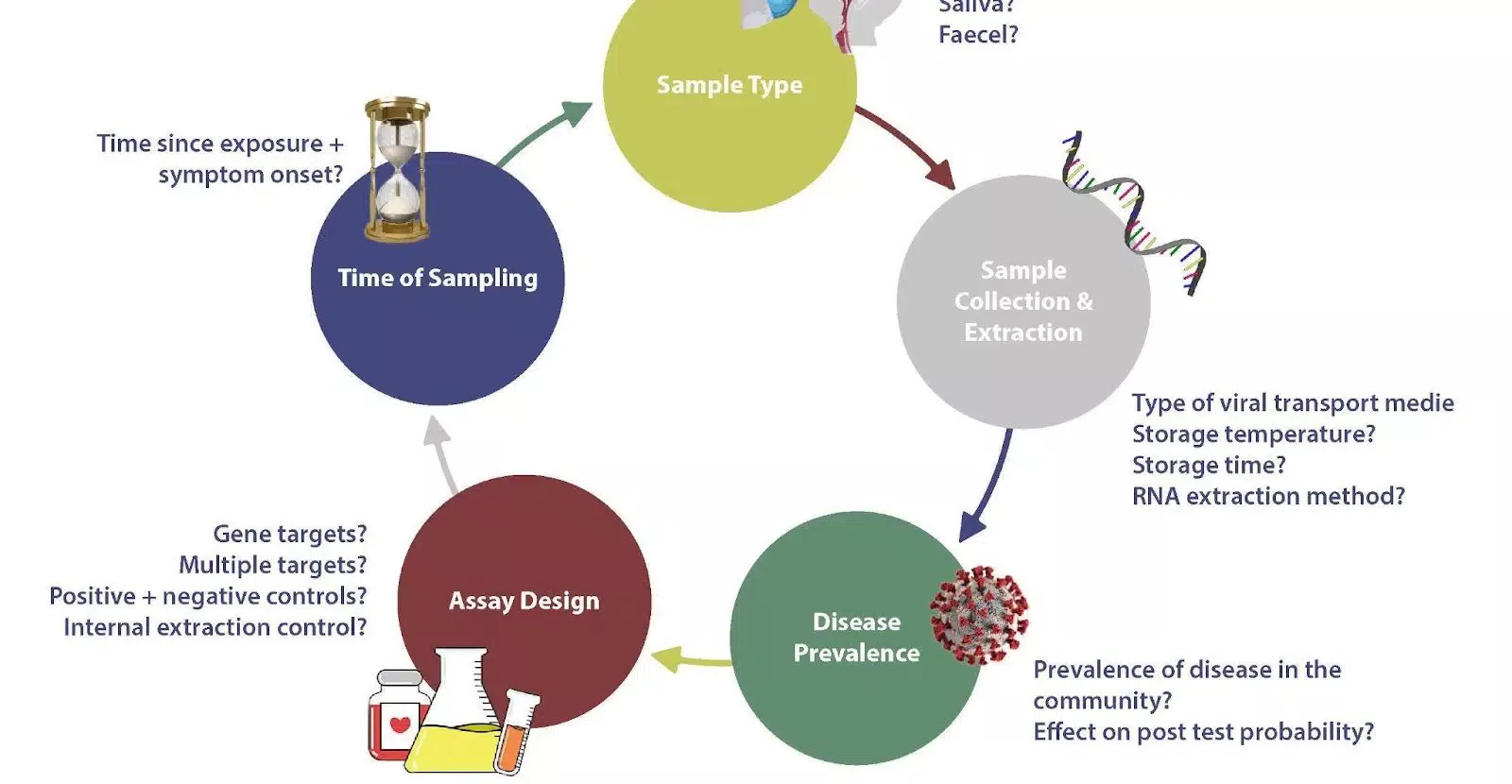
As the COVID-19 pandemic spreads worldwide and develops new mutations, precise diagnostic tools are becoming increasingly important in managing and comprehending the disease’s epidemiology. The influence of COVID-19 on Molecular Diagnostics laboratories testing and research for non-COVID uses has been underappreciated but arguably even more crucial since the pandemic. Lack of equipment, reagent capacity, and…
What are the organs most affected by COVID‐19?
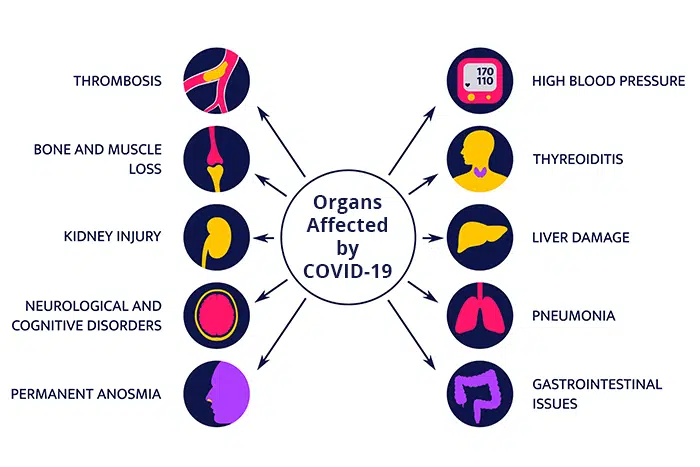
Coronavirus Infection: How Does It Affect Your Body? A virus enters your body through healthy cells and infects them. The invader spreads throughout your body by making copies of itself. The virus predominantly enters the human body through the angiotensin-converting enzyme-2 (ACE2) and transmembrane serine protease 2 (TMPRSS2) receptors and nasal cavity cells of the…
Oxidative Stress: Harms and Benefits for Human Health
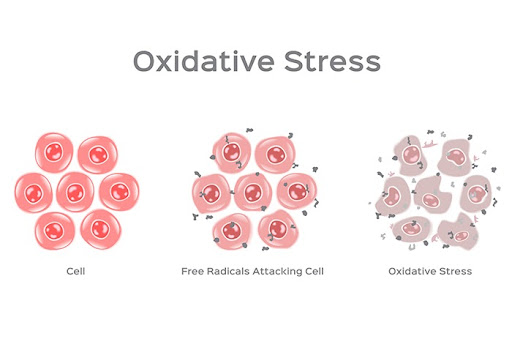
Oxidative stress occurs when free radicals (freie radikale) are formed in your body to dominate your body’s defences, this imbalance can lead to cell and tissue damage. Oxidative stress disproportionates the production and accumulation of reactive oxygen species (ROS) in cells and tissues and the biological system’s ability to detoxify reactive products. Cells develop ROS…
An Alternative Strategy for Fighting SARS-CoV-2 Infection
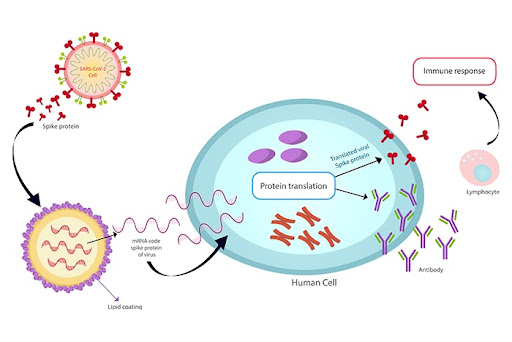
The severe acute respiratory syndrome coronavirus-2 (SARS-CoV-2)-caused coronavirus illness 2019 (COVID-19) has been more than an infectious disease outbreak. It not only put an unprecedented burden on healthcare institutions, the global economy, and society, but it also pushed the global research community to explore novel treatment possibilities like never before. While multiple drugs that had…
Which Controls to Use in ELISA Assays?
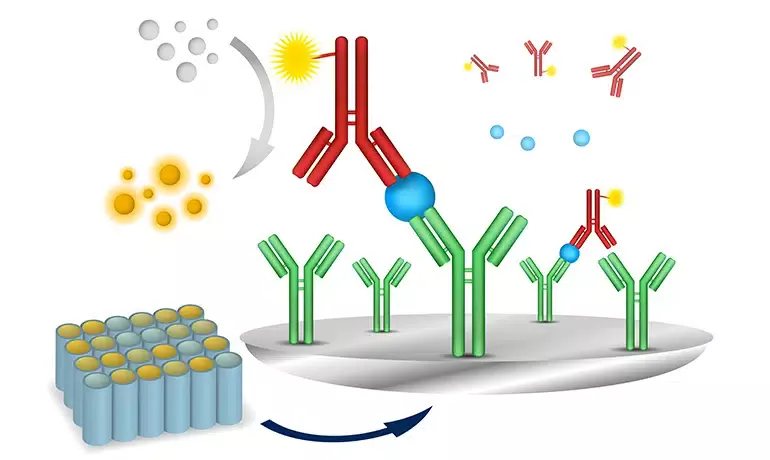
What is an ELISA? Enzyme-linked immunosorbent assay is popularly abbreviated as ELISA and has another name, enzyme immunoassay (EIA), defining the same technology. It’s a plate-based assay technique developed to discover and quantify soluble substances such as proteins, antibodies, peptides and hormones. In an ELISA, the target macromolecule (the antigen) is palsied on a solid…
Does a Covid infection guarantee protective antibodies?

Among the most extraordinary questions of the overwhelming COVID-19 pandemic is the toughness of resistance and time to likely reinfection. There is restricted direct information on SARS-CoV-2 long-term immune responses and reinfection. Antibodies are essential for the body’s immune response to infection. Antibodies that neutralise SARS-CoV-2, which causes COVID-19, are typically recognisable in the initial…
HHC News - PRODUCT DISCONTINUATION - 18 JANUARY 2022

CopyShare on Social
Molecular Methods and Platforms for Infectious Diseases Testing
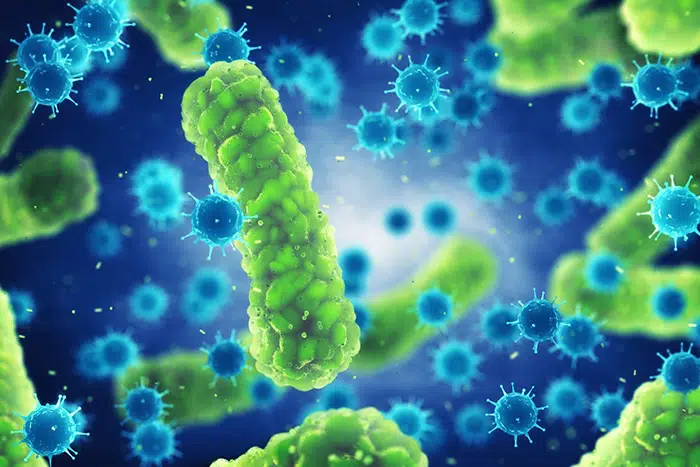
Molecular assays have considerably improved the field of infectious disease diagnostics, especially with the superior responsiveness and specificity linked by presenting clinical laboratories with accurate and rapidly obtained results. Recent advancements in Molecular Diagnostics and the availability of commercial Nucleic Acid Amplification Techniques (NAATs) based assays have transformed the way researchers perform laboratory diagnosis of…
